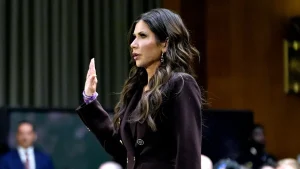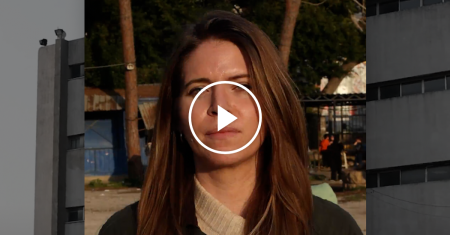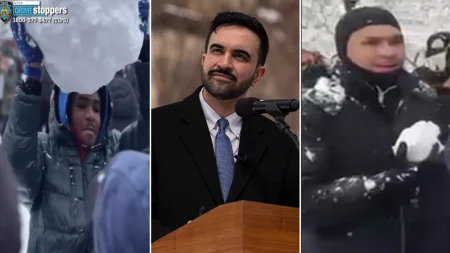Selena Gomez’s Emotional Plea and the Ensuing Backlash: A Deep Dive into Immigration Debates and Celebrity Advocacy
Selena Gomez, a prominent figure in the entertainment industry, found herself at the center of a heated controversy following her emotional response to President Trump’s immigration policies. In a now-deleted video posted to her Instagram account, a tearful Gomez expressed her anguish over the plight of immigrant families facing deportation, particularly children. Her raw display of empathy, captioned with "I’m sorry" and a Mexican flag emoji, quickly garnered attention, both positive and negative, from her massive online following and beyond. This incident ignited a complex debate surrounding celebrity activism, the human cost of immigration policies, and the polarized political climate in the United States.
Gomez’s initial video, in which she stated feeling powerless to help those affected by the deportations, resonated with many who share her concerns about the treatment of immigrants. Her vulnerability and genuine distress struck a chord with supporters who viewed her actions as an act of solidarity with vulnerable communities. However, the video also drew criticism from those who believed her emotional display was misplaced or even performative. Some accused her of grandstanding and using the sensitive issue of immigration for personal gain or attention. The rapid deletion of the video, followed by a subsequent Instagram story lamenting the backlash she received for expressing empathy, only served to further fuel the controversy.
The response to Gomez’s post was swift and multifaceted. Rapper Flavor Flav publicly defended the singer, praising her bravery in sharing her truth and condemning those who bullied her for expressing her feelings. He emphasized her right to speak out on issues she cares about and lamented the tendency of social media users to quickly resort to negativity and personal attacks. On the other end of the spectrum, some political figures, like former Republican Senate candidate Sam Parker, seized upon Gomez’s emotional plea to advocate for her own deportation, highlighting the extreme polarization of the immigration debate and the intense emotions it evokes. This stark contrast in reactions underscored the deeply divisive nature of immigration in American society.
Further complicating the narrative was the response from Tom Homan, former acting director of Immigration and Customs Enforcement (ICE). Homan defended the Trump administration’s immigration raids, denying Gomez’s claims of widespread attacks on migrant communities and emphasizing that ICE operations primarily targeted individuals with prior criminal histories. He challenged those critical of the raids to address their concerns through legislative channels rather than criticizing law enforcement actions. This official response framed the issue as a matter of law and order, placing the onus of responsibility for any negative consequences on the individuals being targeted rather than the policies themselves. This perspective clashes directly with the humanitarian concerns expressed by Gomez and her supporters, creating a fundamental disagreement over the ethical implications of the immigration enforcement strategies being employed.
The ICE raids mentioned in the initial report represent a key element of the broader immigration debate. These operations, which intensified during the Trump administration, aimed to identify and deport undocumented immigrants, often leading to the separation of families and the detention of individuals in often-criticized facilities. The increased quota for arrests, coupled with raids in major sanctuary cities, significantly escalated the perceived threat to immigrant communities and fueled the anxieties expressed by Gomez. The statistics surrounding these raids, including the hundreds of arrests made over a single weekend, provide a quantifiable measure of the impact of these policies and the scale of the human drama unfolding.
The controversy surrounding Selena Gomez’s emotional response to the immigration raids highlights the complexities of celebrity activism in the age of social media. While her large platform allows her to amplify the voices of marginalized communities and raise awareness about critical issues, it also makes her a target for criticism and backlash. The incident underscores the delicate balance celebrities must strike when engaging in political discourse and the potential consequences of expressing their views in a highly polarized environment. It also reveals the profound divisions within American society regarding immigration policy and the human impact of these often-contested measures. The debate sparked by Gomez’s post transcends the realm of celebrity gossip and delves into fundamental questions about human rights, national security, and the role of government in addressing complex social issues.









